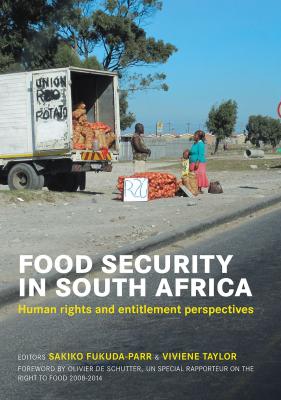Food security in South Africa: Human rights and entitlement perspectives
Synopsis
Ensuring that every man, woman and child has access to adequate food at all times is one of the basic social and political goals of democratic South Africa, a right which is guaranteed in the country’s Constitution as in international law. Yet food insecurity remains widespread and persistent, at levels much higher than in countries with similar levels of per capita GDP. What in South Africa’s policies, institutions and ideas is creating the paradox of strong commitments and weak outcomes?
Examining the channels by which households acquire food – through production, exchange and social transfers – the chapters of this book highlight many gaps in policy response. They argue that access to food cannot be achieved solely through cash transfers or increasing national production. Rather, what is needed is a much broader set of policies, a coordinated strategy involving diverse sectors, and the mobilisation of civil society to claim this right.
This book makes a timely contribution to the debates, alternatives and issues around food insecurity from a human rights perspective.
Downloads



